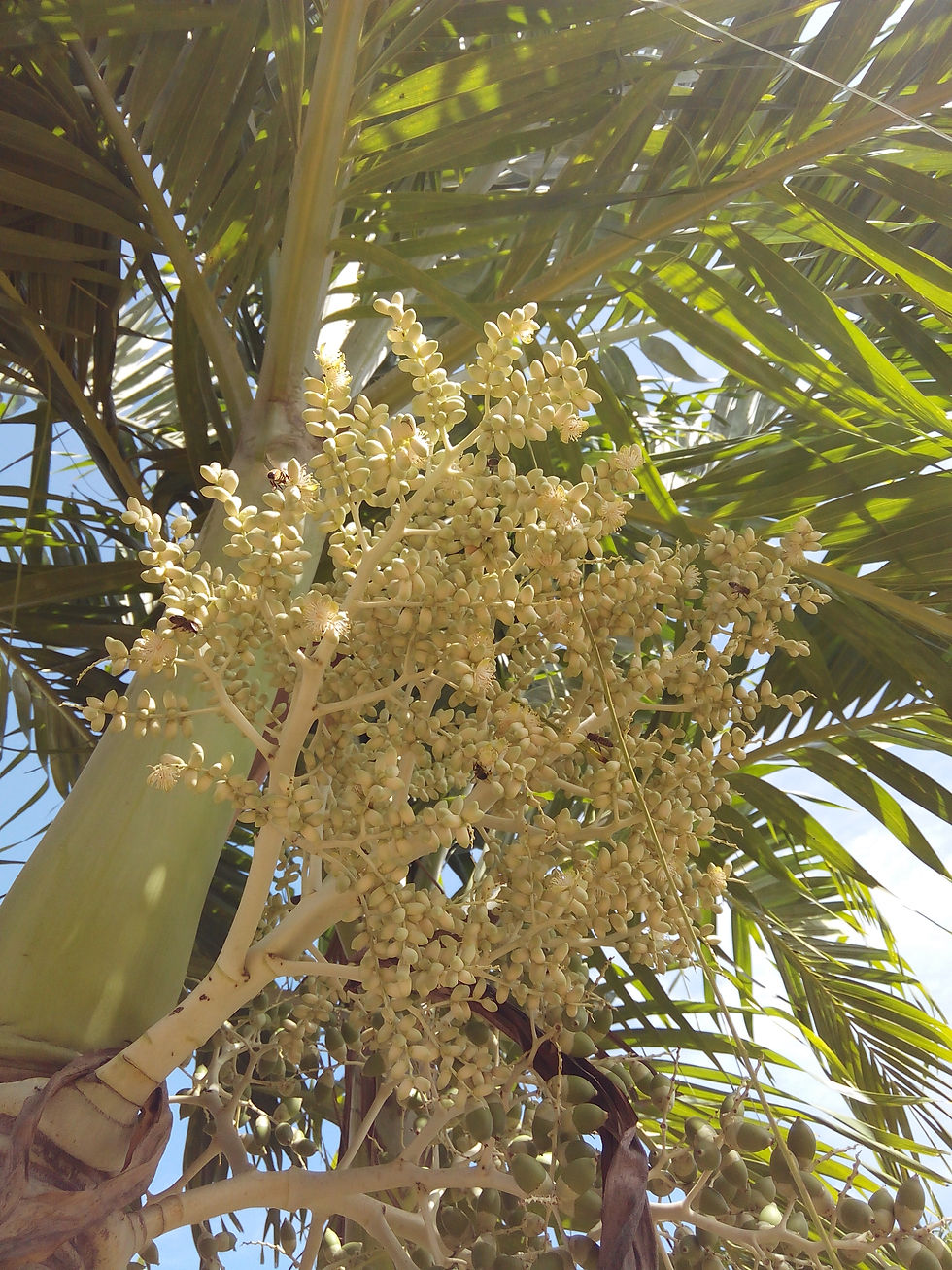
MISSION STATEMENT:
To promote beekeeping that is environmentally correct , economically viable, and socially just.
We strive to increase awareness of the vital importance of honey bees in their role to the continuance of our environment & food security while assisting to alleviate poverty by promoting responsible beekeeping in St. Lucia.
VISION STATEMENT:
To develop beekeeping as a viable industry and a main contributor to environment preservation, economic & social development and food security within the Agricultural Sector.
CORE VALUES OF THE ASSOCIATION:
•Responsible Beekeeping
•Quality standards- best product and practices
•Accountability and transparency to all members of the association
•Social Responsibility- good corporate citizens
•Training and development of all members

Interesting Facts About Bees
* A single honey bee may collect 1/12 teaspoon of honey in her lifetime and visits 50-100
flowers in one collection trip.
* To make 1 pound of honey, bees may need to fly 50,000 miles
(a distance equal to just over two times arround the world).
* Honey bees may forage up to 2-5 miles from the hive.
* Bees do not hibernate, but cluster for warmth. They remain active all winter.
* Bees will maintain an internal cluster temperature of 92 degrees fahrenheit
(33 degrees celsius) in the coldest part of the winter while raising brood.
* Bees will disconnect their wings allowing then to pump their wing muscles to create heat,
The honeybee is not born knowing how to make honey; the younger bees are taught by the more
experienced ones.
* Bees fly outside the hive normally when temperatures rise above 50 degrees fahrenheit
(10 degrees celsius).
* A beekeepers main tools are a protective veil, smoker, gloves, and a hive tool.
* Smoke inhibits alarm pheromone from alerting other bees of danger. They also gorge
themselves with honey in preparation of possibly fleeing a wildfire, taking as much
resources with them as possible.
* A beekeeper will harvest extra honey that bees store beyond what they need to survive.
The record harvest for one colony is 404 pounds, by the Aebis Family in 1974.
* Raw honey contains many beneficial minerals and vitamins. Honey also has antibacterial
properties and anti-oxidant benefits. Many claim allergy relief by using local honey that
contains pollen and the honey bee is the only insect that produces food eaten by man .
* There are many varietals of honey. From orange blossom honey, award winning tupelo
honey,manuka, ti-bome, mango, to logwood (campeche) blossom.
* Honey comes as extracted, liquid, creamed. or in the comb.
* We only produce about 33% of the honey we consume in St. Lucia
* Local beekeepers produce the best "green" sweetener you can buy....local honey.
* Besides honey, you can harvest pollen, propolis, royal jelly and beeswax.
* Directly, honey bees pollinate the flowers of 1/3 of all fruits and vegetables.
* Indirectly, honey bees pollinate 70% of the food crops, through seed production, etc.
* There are 1/2 the number of beekeepers now than there were 25 years ago world wide.
* There are 1/3 less beehives as there were 25 years ago world wide.
* For every 100 beekeepers, 95% are hobbyists, 4% sideliners, and 1% are fulltime or
commercial beekeepers.
* Beekeeping dates back at least 4500 years.
* Beekeeping can be a sustainable endeavor.
* Renting bees to farmers in need of pollination generates a source of income in some
parts of the world.
* Beehives are kept on farms, in backyards, on balconies, and rooftops, all across
the world including St Lucia.
* There are different types bee Associations and Co-operatives including the Farmers with
disabilites beekeepers Association.
* Honey bees are found, kept or managed all over St. Lucia with the highest concentration
being in Dennery.
* It is estimated that there are 3800-4000 managed hives and about 200 beekeepers in St. Lucia .



























